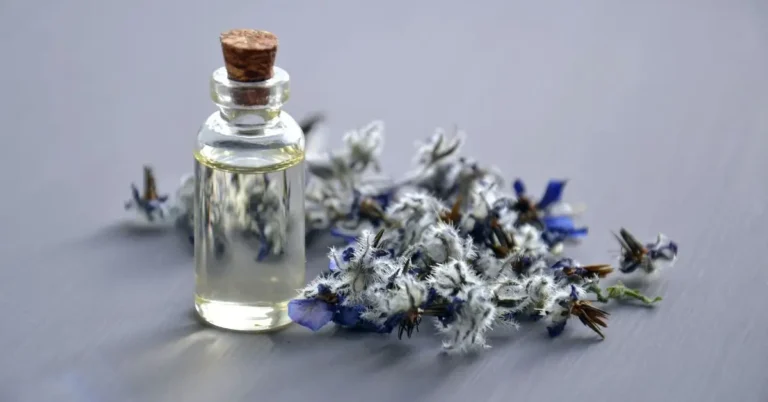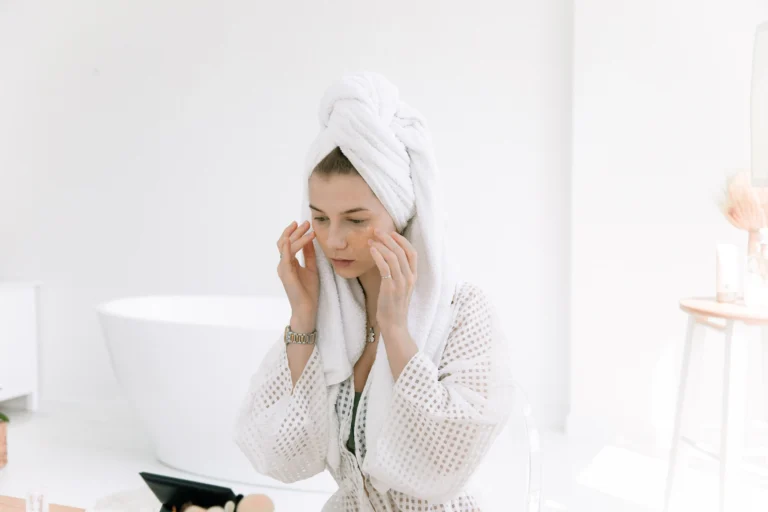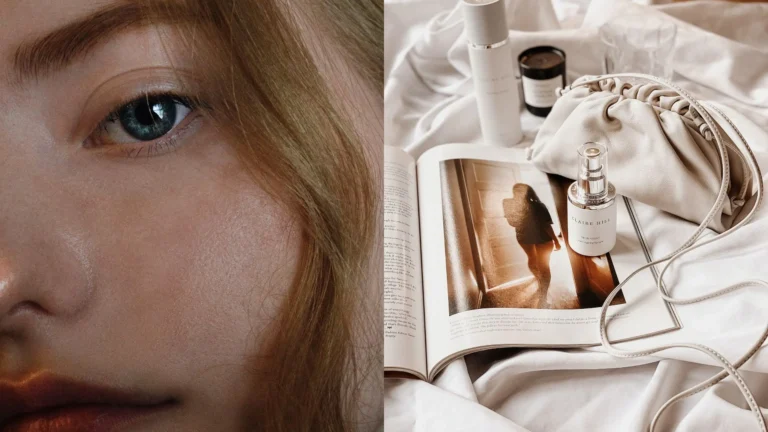Does Botox Work for Acne Treatment? Acne, a widespread dermatological issue, causes bothersome spots and scars for numerous individuals. Although a variety of treatments, including topical creams, pills, and laser procedures, are available, the idea of utilizing Botox as a different approach is gaining attention. Botox, most famous for reducing the appearance of wrinkles and fine lines, is also being researched for its potential advantages in controlling acne.
In this article, we will explore the research on the use of Botox for acne and discuss how it works, how it is administered, and the potential side effects and risks. We will also compare it to other alternative treatments available. If you’re curious about using Botox for acne, it’s important to consult a dermatologist to determine if it’s the right choice for you.
Table of Contents
Does Botox Help Acne?
Botox has been shown to decrease oil production, which can aid in acne management. Botox injections have also been used to treat acne in some cases.
It is important to note, however, that the Botox doses required to completely treat acne would be so high that they would prevent facial muscles from constricting. As a result, while Botox can help with acne management, it is not a complete solution.
How Botox Can Help Acne?
Botox, also known as Botulinum toxin type A, is a neurotoxin that temporarily paralyzes muscle activity. It is commonly used to reduce wrinkles and fine lines on the face but has also been studied for its potential benefits in treating acne.
The mechanism of action for Botox in treating acne is related to its ability to decrease the activity of the sebaceous glands, which are responsible for producing oil in the skin. When these glands produce less oil, it can reduce the likelihood of acne forming.
There have been several studies conducted on the use of Botox for acne, and the results have been promising. One study found that after four weeks of treatment, patients had a significant reduction in the number of inflammatory and non-inflammatory acne lesions. Another study found that after just one treatment, patients had a significant reduction in sebum production, which is thought to be one of the primary causes of acne.
The benefits of using Botox for acne treatment include its ability to reduce the number of acne lesions and decrease sebum production. It is also a relatively non-invasive treatment option, with minimal discomfort and no downtime.
How Botox is administered for acne treatment

Botox is a botulinum toxin derivative that can be used to treat acne. It works by preventing the release of acetylcholine, which is linked to the production of oil by the skin. Excess sebum can serve as a breeding ground for bacteria that cause acne outbreaks, so reducing oil production can aid in the reduction of breakouts.
A dermatologist or plastic surgeon will administer Botox injections. According to one study, botulinum toxin also inhibits the release of an inflammatory substance known as substance P, which may help to alleviate acne symptoms.
Overall, Botox has been shown to be effective in the treatment of acne and the reduction of breakouts. However, before undergoing any treatment, it is critical to consult with a medical professional.
Alternatives to Botox for acne treatment

There are several alternatives to Botox for treating acne, including:
- Topical creams and gels: Topical medications such as retinoids, benzoyl peroxide, and salicylic acid can help unclog pores, reduce inflammation, and kill bacteria that contribute to acne.
- Oral medications: Oral antibiotics can help reduce the number of acne-causing bacteria on the skin. Oral contraceptives may also be prescribed for women to regulate hormones that can contribute to acne.
- Light therapy: Blue light therapy can help kill bacteria that contribute to acne, while red light therapy can help reduce inflammation and promote healing.
- Chemical peels: A chemical peel involves applying a chemical solution to the skin that causes the top layer of dead skin cells to peel off. This can help unclog pores and reduce the appearance of acne scarshttps://flawliz.com/how-soon-after-a-chemical-peel-can-i-use-retinol/.
- Microdermabrasion: Microdermabrasion is a non-invasive procedure that uses tiny crystals or diamond-tip wands to remove the outermost layer of dead skin cells.
- Laser therapy: Laser therapy can help reduce inflammation and promote healing. It can also help reduce the appearance of acne scars.
FAQ:
Does Botox help acne scars?
By relaxing the surrounding skin, Botox injections can help improve the appearance of acne scars. By reducing tension in the area, Botox can also reduce the visibility of deep acne scars.
Botox for hormonal acne
Botox injections have been shown to decrease oil production, which can aid in the formation of acne. This acne treatment is only recommended for people aged 20 and up, as hormonal changes are more likely to be permanent at that age. Botox injections block acetylcholine in the skin’s dermis layer, and a new study found it to be a safe and effective acne treatment.
Does Botox clear up acne?
Botox has been shown to decrease oil production, which can aid in the reduction of breakouts and acne.
However, because of the high doses of Botox required to prevent facial muscle constriction, it is not a recommended treatment for acne.
Botox may also help to reduce large pores and keep skin looking young.
Can Botox make acne worse?
Botox does not increase acne, but it can help reduce oil production, which is a common cause of acne. Botox is not a cure-all for acne, but it also will not make things worse. Small whiteheads or patches known as milia may appear as a side effect of Botox injections in rare cases. After many years of use, the skin on the brow can thin prematurely and the muscles weaken.
How long does it take for Botox to clear acne?
Botox injections typically take 3-4 days to take effect and 10-14 days to see full results. Botox can help clear acne by reducing skin oil production, which reduces the bacteria that cause acne outbreaks. However, most dermatologists prefer to recommend alternative acne treatments.
Does Botox help oily skin?
Botox can help with oily skin. It has the ability to reduce sebum production, pore size, and sweat production, making it a popular solution for those looking to reduce oiliness. Botox can also be injected into oil gland-rich areas such as the nose, chin, or scalp.
If you liked this blog article about the question: Does Botox Help Acne, don’t forget to leave us a comment down below to tell us about your experience with botox and acne.




